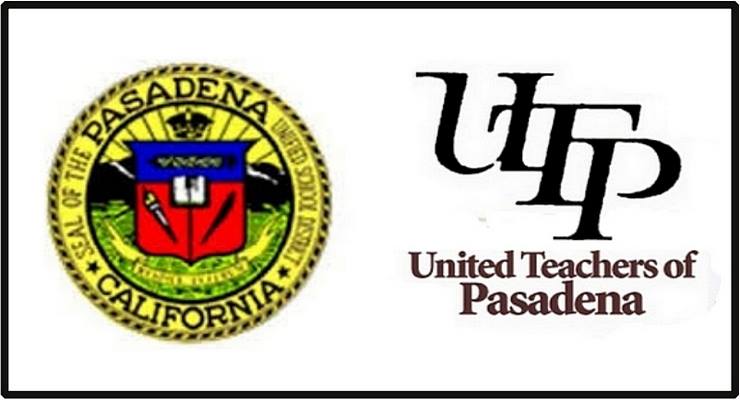Rose Bowl General Manager Darryl Dunn told Pasadena Now that the iconic stadium will not be asking the city for money when he appears before the City Council next month.
“At this point we’re planning on updating the city council at the end of March,” Dunn told Pasadena Now. “We’re not intending to recommend any kind of drastic change to our business model.”
The Rose Bowl turned a $335,753 profit last year according to the Rose Bowl Operating Committee. The small profit comes amid expectations of a downturn due to the struggles with the UCLA football program, which averaged 43,848 people per game last season, the worst since the team started playing home games in the Rose Bowl in 1982.
The rise in new stadiums in the area also competing for musical acts and the decline at Brookside Park also added to expectations that stadium officials would have to ask the city for help.
To top that off, the stadium is still more than $200 million in debt.
“Just to be clear, we are not asking the council for money,” said Victor Gordo, who served as president of the Rose Bowl Operating Company (RBOC) for a decade.
According to Gordo, the Rose Bowl’s financial model is unpredictable because officials cannot forecast with any certainty which acts will be on tour.
“Unless someone can tell me who’s going to be touring or tell us who’s going to be touring next year, we are at the mercy of the entertainment market,” Gordo said. “Their model is very different. They announce concerts or acts or tours within a very short time period because they want to build momentum. It’s difficult to plan for concerts. It’s difficult to plan for music acts. We count on UCLA to do well. Every time 10,000 people don’t show up [at a Bruins game], the Rose Bowl loses about $500,000. Unfortunately the last couple of few years for UCLA have not been as successful as we’d all like them to be.”
That unpredictability was obvious last year in April when Rose Bowl officials announced that the Arroyo Seco Music Festival and the Rolling Stones concert scheduled for May were postponed.
The Rolling Stones Concert was postponed until August after lead singer Mick Jagger announced he would undergo heart surgery. The Arroyo Seco Music Festival was scrapped in favor of the Daydream Festival, headlined by the Cure.
Music festivals have become financial booms in numerous communities. In 2014, Indio’s Coachella grossed $78.3 million and was attended by 600,000 people. The Outland Festival in San Francisco drew over 200,000 attendees and grossed more than $19 million.
The Arroyo Music Festival made $2 million in 2017 and $2.5 in 2018. Attendance both years totaled 25,000, Dunn said.
In 2016, stadium officials said that the RBOC was depending on the festival to keep the historic stadium in the black after the RBOC voted not to hold negotiations with the NFL that could have allowed a team to play in the stadium while a new facility is being built.
Even prior to that vote, the RBOC had been taking on musical events as a viable third long-term tenant in the stadium, alongside the Tournament of Roses and UCLA.
“We’re prepared to compete,” Gordo said. “We’re aggressively pursuing long term agreements. It wasn’t too long ago that small events generated about $55,000 per year. We’ve turned that around to over $1.6 million per year. We’re going to continue to do that. You know, and I think people have forgotten that before, before the renovation project, the Rose Bowl’s gross revenues in 2007, when I joined the board, were about $12 million gross. Today, gross revenues are over $55 million.”
Dunn said stadium officials take pride in the fact that the Rose Bowl is one of the great icons of Pasadena.
“It’ll be close to a hundred years old and it’s like a hundred-year-old house,” Dunn said. “We’re trying to keep it up and keep it financially successful and also keep it a place where people want to come visit. It has continued to be successful, and there are challenges associated with it. We’re working hard to try to make sure we have a pathway forward.”

















